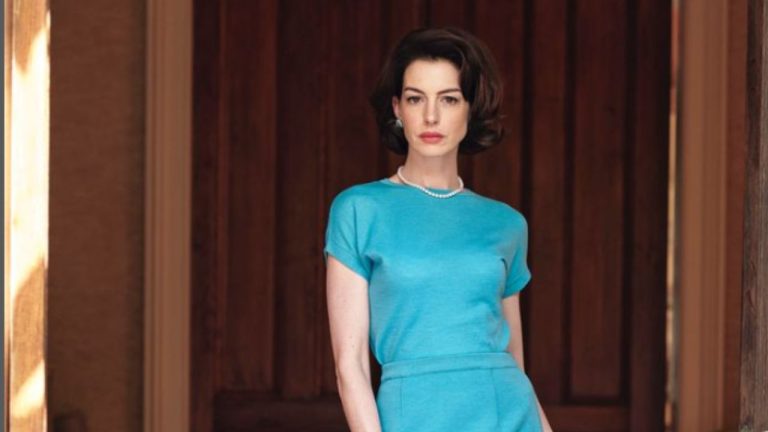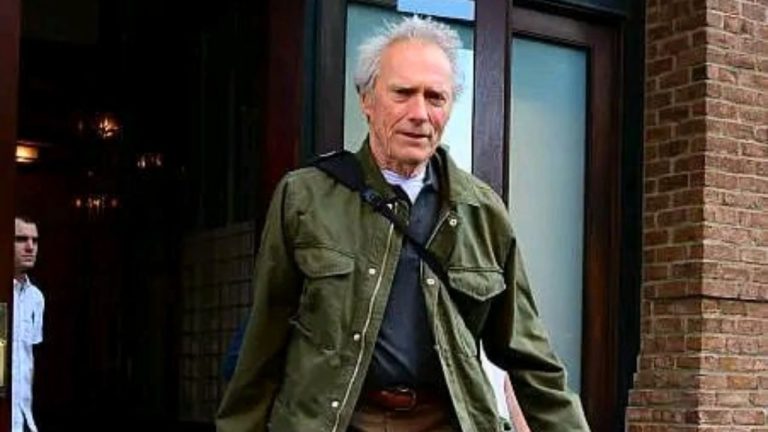King Charles’ Financial Boost Linked to 14th-Century Law!

King Charles Secures Unforeseen Financial Benefit Due to Antiquated Legislation
King Charles is poised to gain from an ancient statute related to his real estate assets, as stated by former royal butler Grant Harrold. During an appearance on GB News, Harrold, a former associate of the Royal Family, elucidated a peculiar regulation originating centuries ago that regulates the Duchy of Lancaster, an important collection of land and assets overseen by the queen. This intriguing statute highlights the historical and financial intricacies of Britain’s royal estates, eliciting both humor and fascination among royal observers.
The ‘Well’ Rule: An Unusual Clause in an Antiquated Statute
Harrold recounted a humorous tale from his tenure as a renter of the Duchy properties. “As a tenant of the property, I was cautioned that in the absence of a well, my assets would revert to the Duchy upon my demise,” he recounted, laughing at the recollection. The regulation, however infrequently enforced, stipulates that any tenant leasing from the Duchy without a well on the premises must forfeit specific assets upon their demise.
The disclosure provides a humorous insight into the idiosyncrasies of ancient British law and its persistent impact on the Royal Family’s matters. “I recall contemplating the necessity of a well,” Harrold jested, recognizing the peculiar circumstance that, although amusing, also embodies the historical significance associated with the Duchy of Lancaster. This “well law” highlights the Duchy’s historical connections and the integration of tradition with wealth management in the monarchy.
Contemporary Examination of Royal Estates
Harrold’s remarks coincide with a phase of heightened public examination of the Royal Family’s financial transactions. Recent inquiries by Channel 4’s Dispatches and The Sunday Times disclose that the properties overseen by King Charles and Prince William yield substantial revenue, including rents from public entities such as the NHS, state educational institutions, and the military. Although these portfolios have ensured financial security for the monarchy for centuries, they are currently encountering scrutiny about transparency and accountability.

The Duchy of Lancaster and the Duchy of Cornwall, overseen by King Charles and Prince William respectively, comprise extensive landholdings and properties throughout England and Wales. Founded in the 14th century, the Duchy of Lancaster include urban developments, historic edifices, and expansive countryside, constituting an essential component of the Crown’s financial infrastructure. These estates enable the monarchy to function independently of public finances to a certain extent; nonetheless, critics contend that the revenue streams warrant further scrutiny due to their affiliations with public bodies.
A Regal Commercial Enterprise:
Harmonizing Tradition and Contemporary Economics
Harrold also emphasized the shrewd economic strategies that have sustained the profitability of the royal estates throughout the years. “They have exercised considerable prudence regarding it; it has been recognized for centuries,” Harrold said. He asserts that the Royal Family has adeptly managed these assets with a focus on sustainable business practices, transforming the Duchies into efficient economic engines. “That constitutes the commercial aspect,” he remarked. “They perform exceptionally well, and there is nothing atypical about it.”
From Harrold’s viewpoint, the profitability of the estates is clear-cut: the royals possess the property, and tenants remit rent, akin to any other enterprise. The argument persists on the alignment of historical financial practices with contemporary openness standards for entities associated with public resources.
Cultural Legacy or Monetary Profit?
The contemporary discourse around the Duchy estates prompts intriguing inquiries concerning the Royal Family’s position in the 21st-century economy. Although the monarchy’s past is intricately linked to these historic estates, contemporary audiences may scrutinize the morality of extracting rent from public enterprises. The “well rule” symbolizes the monarchy’s operation at the confluence of old custom and contemporary financial strategy, attracting public interest and challenging entrenched ideas of royal wealth.
As the public scrutinizes this narrative, it transcends a mere anecdote on an unconventional statute; it underscores the delicate equilibrium the monarchy must maintain in safeguarding tradition while addressing modern demands for accountability.
Follow us on Instagram and X (Formerly Twitter)
For the latest posts visit The Celebrity Gossips






